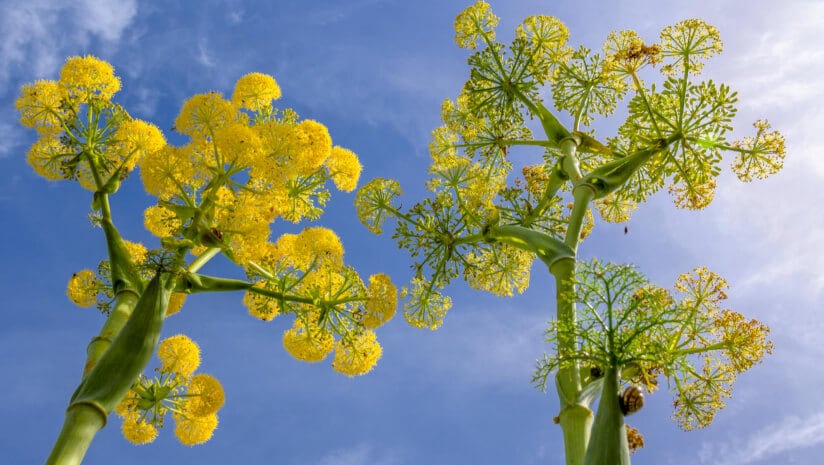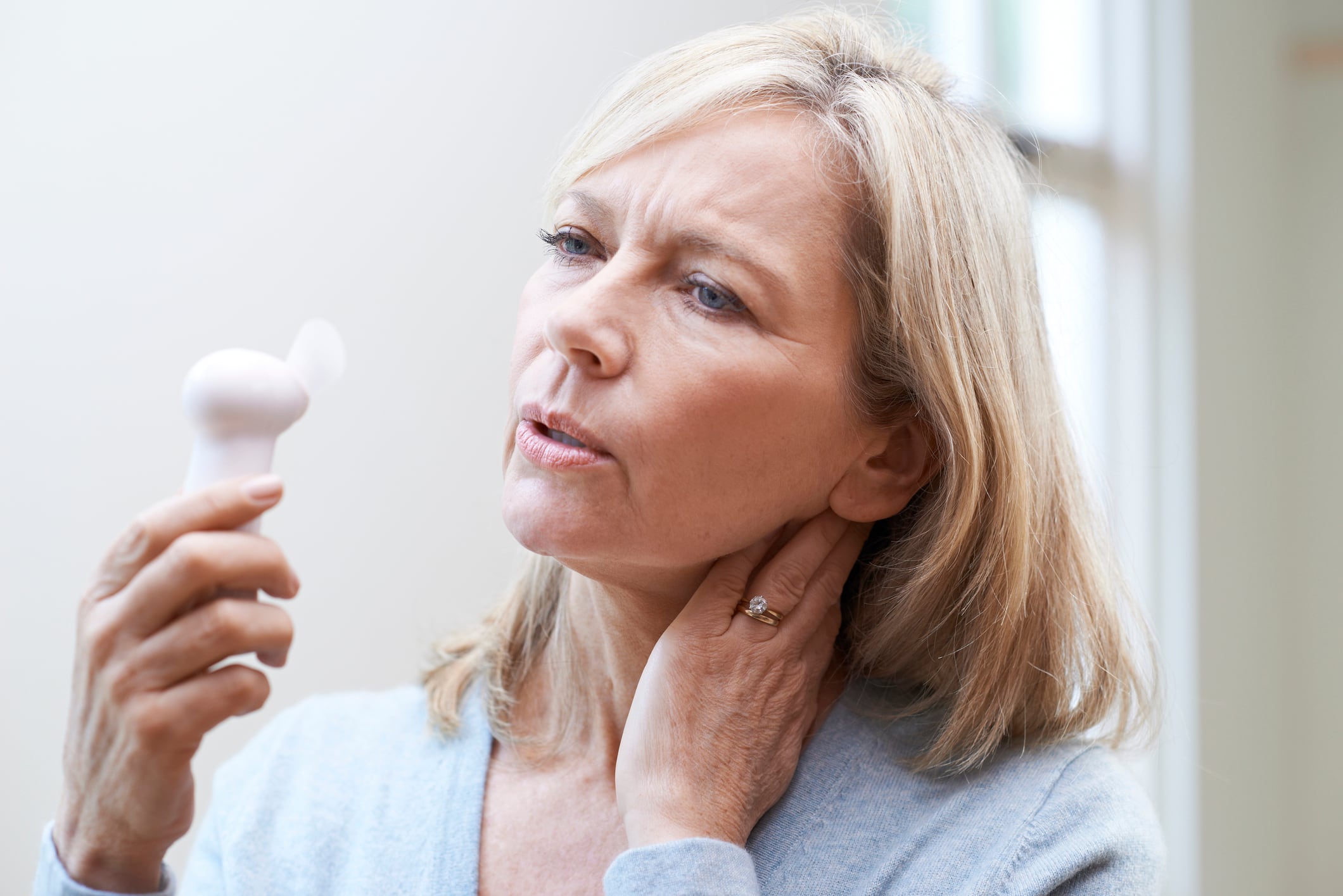Researchers from Italy explored the impact of 100 mg per day of a Ferula communis L. extract (titrated at 20% ferutinin) or placebo in 64 menopausal women.
Results of the 90-day intervention study, published in the journal Nutrients, indicated that supplementation improved sexual desire, foreplay, comfort and orgasm, and reduced menopausal symptoms like hot flashes, irritability and vaginal dryness.
“Ferula communis L. extract can be considered an excellent candidate for the treatment of symptoms during menopause and could bring about decisive improvements in menopausal dysfunction,” wrote researchers from the University Magna Graecia of Catanzaro.
Natural HRT alternative
Many menopausal women experience symptoms such as hot flashes, mood swings and joint pain, which can significantly affect their quality of life.
Menopause can also lead to a significant reduction in sexual desire by about 50% to 55% due to a decline in estrogen levels, which is often not addressed medically.
Hormone replacement therapy (HRT) is a common treatment for symptoms but has been shown to carry risks like increased likelihood of cancer and heart disease. Due to these risks, alternative therapies, particularly phytoestrogens, have gained attention.
Ferutinin, a compound from Ferula communis L., has previously shown promise as a natural alternative to HRT, showing antioxidant benefits with fewer side effects.
One in vivo experiment indicated that Ferula L. extract leads to better sexual behavior in ovariectomized rats, an effect linked to the phytoestrogenic properties of ferutinin, the primary bioactive compound in the extract.
The authors therefore hypothesized that ferutinin could be an effective, safer alternative to traditional HRT, improving the quality of life for menopausal women.
Improved sexual dysfunction
All study volunteers were postmenopausal women with a minimum of 12 months of amenorrhea (the absence of menstruation), a sexually active life, a stable partner and postmenopausal sexual dysfunction.
Participants were given the Sexual Quotient–Female Version questionnaire both before and after treatment, which asked about topics such as desire, arousal and comfort. A second questionnaire asked about side effects and the participant’s sentiments toward joining the study.
After 90 days of treatment, questionnaire results obtained showed a significant improvement in all the domains evaluated (desire, foreplay, arousal, comfort and orgasm) in the F. communis L. extract group.
In addition, blood sampling and anthropometric measurements taken before and after the 90 days showed supplementation led to a significant improvement in BMI and oxidative stress decrease, while also keeping platelet aggregation within normal levels.
"Overall, these results could point to the potential use of supplementation with Ferula communis L. extract to revert or mitigate menopause dysfunction," the authors concluded.
They largely attributed the outcome to ferutinin's phytoestrogenic activity, as it was able to mimic estrogen, bind to estrogen receptors and influence gene expression associated with sexual behavior.
Its antioxidant properties were also suggested to neutralize reactive oxygen/nitrogen species (ROS/RNS) and reduce platelet activation and aggregation without altering platelet aggregability.
The researchers noted that further studies should include a larger cohort of patients and for a longer duration of treatment, taking into consideration various other aspects such as the effect in different organs and tissues.
Journal: Nutrients
2024, 16(16), 2651; doi: 10.3390/nu16162651
“Evaluation of the Potential Beneficial Effects of Ferula communis L. Extract Supplementation in Postmenopausal Discomfort.”
Authors: R. Macrì, et al.




